It seems everyone is thinking about taxes and diets at this time of year. The weather doesn’t improve the gloomy outlook. So in the spirit of restraint after self-indulgence, here are few delicious healthy recipes you can enjoy while keeping your conscience at ease at the same time as each dish cost less than £1 per serving.
Starters (Antipasti)
Cannellini bean and tuna salad (Insalata di fagioli con tonno)
Everyone loves this dish and the flavour improves overnight so you can make it in advance. This is a very good salad which can be made quickly mostly from ingredients you might have in your cupboard. In the winter, just leave out the tomatoes or add cherry tomatoes. You can serve the salad with some toasted or grilled bread to top with the salad. Check it out here.
Sweet and sour aubergine(eggplant) (Caponata)
There are many variations on caponata depending on which region of Sicily the recipe originates. This one is from Menfi and is from the grandmother of Angelo, the head chef at Planeta’s estate in Menfi. The recipe is excellent as it is not in the least oily and is rather light with refined, perfectly balanced flavours. No oil is used in caramelising the onions, bringing out their natural sweetness without adding any heaviness to the dish. Other variations include using courgettes (zucchini), peppers, potatoes, olives, artichokes, apples, anchovies, sardines, chocolate, basil, pine nuts instead of almonds, tomato paste instead of fresh tomatoes, honey instead of sugar and sultanas.
It is thought that caponata’s origin is a marriage of the arab influence of sweet and sour and the French dish, ratatouille, introduced by the Bourbons.
Caponata can be made in large batches and stored in jars sealed with olive oil in the refrigerator for up to 6 months. Check it out here.
Farro salad with courgettes (zucchini) (Insalata di farro con zucchine e pecorino)
Farro in Italy usually refers to emmer wheat but can also be spelt or einkorn depending which part of Italy you are in. To make this recipe I usually buy pre-cooked emmer wheat or spelt but the pearled versions of these grains usually take 12-20 minutes to boil. Pearl barley is also a good substitute. The chewy grains of farro contrast nicely with the pan-fried summer squash and the earthy pecorino. Other vegetables such as asparagus, peas or broad beans could be used to substitute the zucchini. If you do have to cook the farro, it can be done the night before and tossed when cool the next day with the zucchini. Add the pecorino just before serving. Check it out here.
First courses (Primi)
It was difficult to choose amongst the first courses as so many of them meet the criteria of healthy and inexpensive ingredients. Here is my selection, but you would rather peruse them yourself, check here.
Minestrone
I do find it tempting to tamper with this dish everytime I make it. It seems illogical that simply adding a mixture of vegetables to water would produce such a rich and soul fulfilling dish but there it is. This soup is an excellent way of cleaning out the fridge at the end of the week or using up excess vegetables from another dish. The vegetable combination can be varied but the more variety the better. The number of servings can easily be altered by maintaining the ratio of 3 parts vegetable to 4 parts water by weight and adding 30 gms of pasta per person. Check it out here.
Orecchiette with broccoli (orecchiette con cima di rapa o broccoli)
Pasta with broccoli happens to be a staple in my house. Not only is it simple to make with a few, easy to procure ingredients but everyone loves it and it can be prepared for vegetarians (leave out the anchovy), gluten-free (use gluten free pasta), diabetics (use Kamut pasta) and anyone of any religious persuasion.
Orecchiette means “little ears” and refers to the resemblance of the pasta shape to that of ears. This shape has existed since the 12th or 13th century and is thought to either be invented in Bari or have been imported by the Angevins who ruled Apulia during the 13th century.
Broccoli is a super-star food as it is rich in vitamins A, C and E, iron, calcium, phosphorous and sulforaphane (a phytonutrient shown to lower the risk of some types of cancers). Check out the recipe here.
Orecchiette means “little ears” and refers to the resemblance of the pasta shape to that of ears. This shape has existed since the 12th or 13th century and is thought to either be invented in Bari or have been imported by the Angevins who ruled Apulia during the 13th century.
Broccoli is a super-star food as it is rich in vitamins A, C and E, iron, calcium, phosphorous and sulforaphane (a phytonutrient shown to lower the risk of some types of cancers). Check out the recipe here.
Risotto with peas (Risi e bisi)
This dish appears to be very simple but is actually incredibly complex. It is not an accident that risotto is considered to be posh. This is not only because rice tends to be eaten in the wealthier north of Italy but also because the dish involves butter, less frequently eaten in much of Italy, and cheese.
The dish is very nutritious and suitable for children as it has lots of vegetables in the stock which are unseen and rice and sweet peas are a favourite of children. The goal here is a pea per grain of rice. The broth used in making risotto needs to be hot otherwise it increases the cooking time and the correct texture is not achieved. See the recipe here.
The dish is very nutritious and suitable for children as it has lots of vegetables in the stock which are unseen and rice and sweet peas are a favourite of children. The goal here is a pea per grain of rice. The broth used in making risotto needs to be hot otherwise it increases the cooking time and the correct texture is not achieved. See the recipe here.
Spaghetti alla puttanesca
The origin of the peculiar name of this dish, whore’s spaghetti, has many sources. Many of the versions of the story centre around creating a quick dish from a few ingredients with differing reasons as to why this was necessary (i.e. a restaurant that ran out of ingredients so used whatever is available (“una puttana qualsiasi” meaning “whatever garbage is around”), a brothel inventing the dish for waiting customers, etc. Whatever the origin of the name, this dish is quick and easy to make, is healthy, is loved by young and old alike and can be made from ingredients in the cupboard. When I return to an empty fridge, this is the dish I make. It should be part of everyone’s repertoire. See the recipe here.
Tuscan bean soup (Zuppa di fagioli)
This is the perfect dish for a cold day. It is a nutritious soup and can be made vegetarian simply eliminating the meat. Get the recipe here.
Main courses (Secondi)
Meatloaf (Polpettone)
Polpettone, known as meatloaf in America, is made in several regions in Italy with many variations. It is typically made free form however and cooked on the stove top, not baked in a tin like in the US. This ensures that a crust is formed on the outside, sealing in the juices and that any juices which escape can dissipate rather than collect in the tin and boil the meat. It is however trickier to rotate the meatloaf while browning without breaking it.
It can be made with beef, veal or pork or a mixture of the three. In Liguria it is made primarily with vegetables: mashed potatoes, green beans, zucchini, artichokes, peas, cardoons and fresh or dried mushrooms with the addition of marjoram or basil and fresh cheese such as ricotta or quagliata. Veal, tuna or prosciutto can be added. In Florence it is made with beef, dried mushrooms and prosciutto and when the white wine evaporates, tomatoes and dried mushrooms are added to the pan to create a sauce. In Naples, meatloaf is made with beef and sultanas, pine nuts and marjoram. The meatloaf is browned in the fat from the rendered lardo and prosciutto and then cloves, onions, celery, carrots and tomato paste are added to the pan to create a sauce.
Meatloaf is typically served with mashed potatoes or buttered vegetables (spinach, peas, fennel or carrots). Get the recipe here.
Meatballs (Polpettine)
Meatballs are a symbolic Italian food outside of Italy. In Italy however meatballs are rarely on the menu. Meatballs are served as main courses but often not with pasta like they are abroad. I prefer to steam them so that they stay juicy and soft. They can also be baked. See the recipe here.
Dessert (Dolci)
Nowadays, sugar is public enemy number one. Never one for extremes, I always believe that moderation is the best policy. These recipes are lighter on the sugar.
Candied oranges (Arance candite)
These oranges are beautiful and delicious. The oranges are cut in half moons and the candied segments look like edible stained glass. They can be eaten as is or decadently dipped in dark chocolate. Get the recipe here.
Tuscan sweet grape focaccia (Schiacciata con l’uva)
This sweet bread is traditionally made during the grape harvest season in Toscana. See how to make it here.
Chin up, the days are only getting longer over the next few months. I have lots of new recipes to share coming your way.
If you have any healthy recipes which are inexpensive to make, please share below in the comments section.
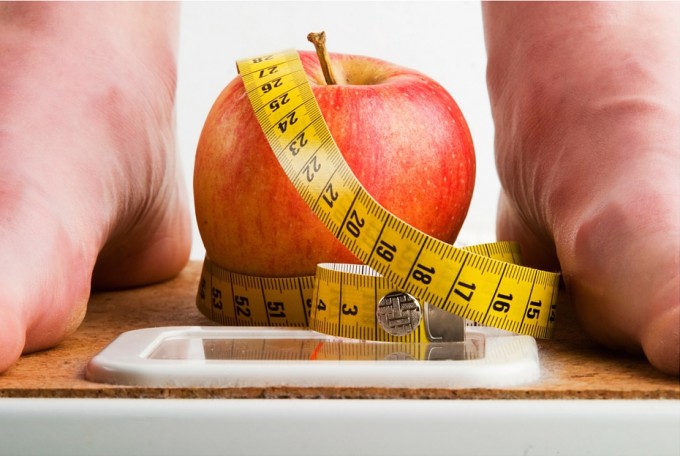
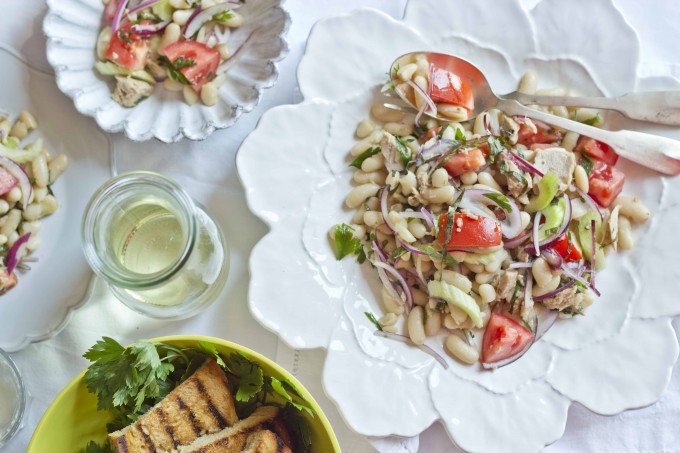
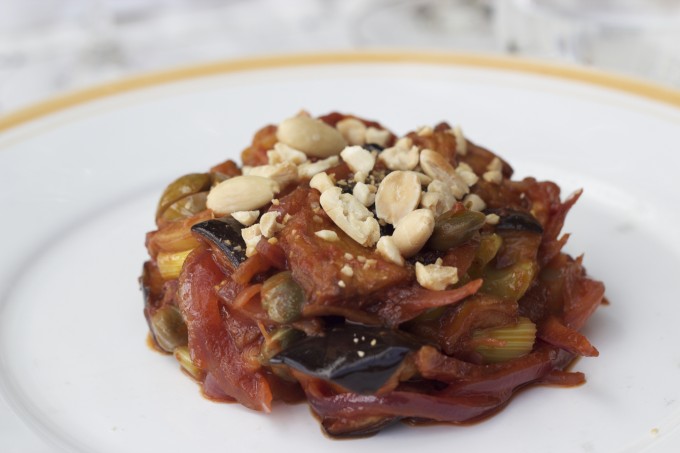
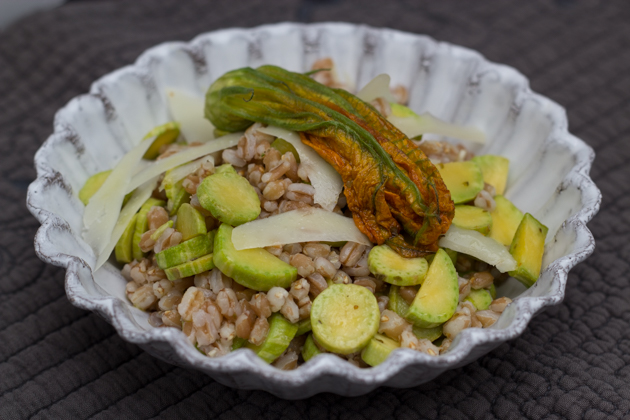
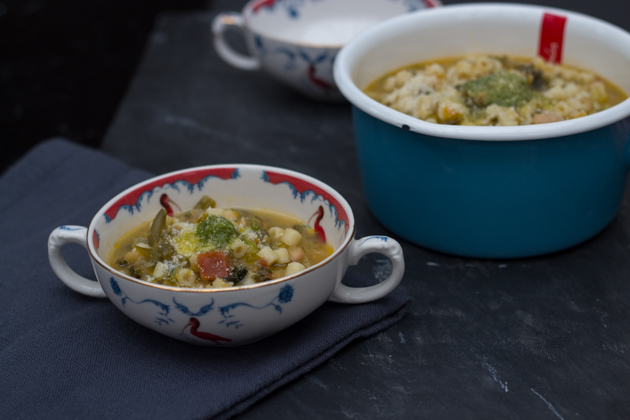
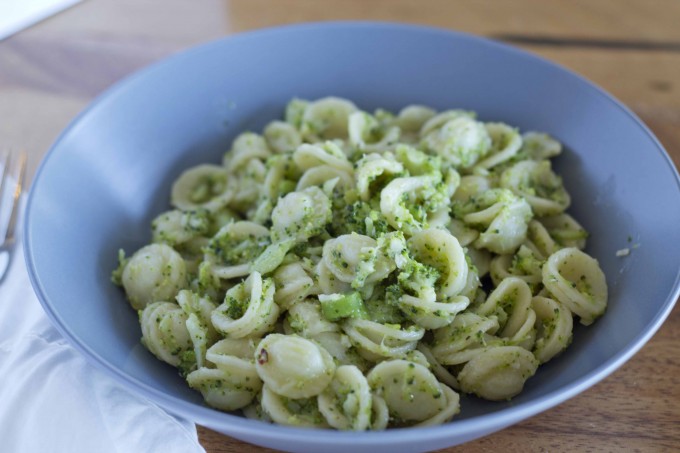
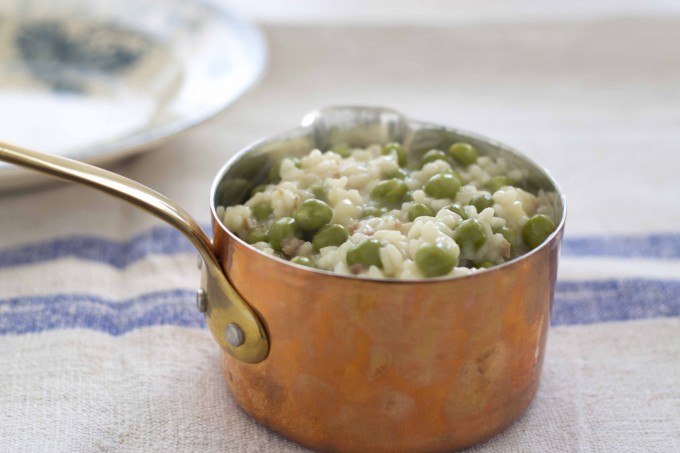
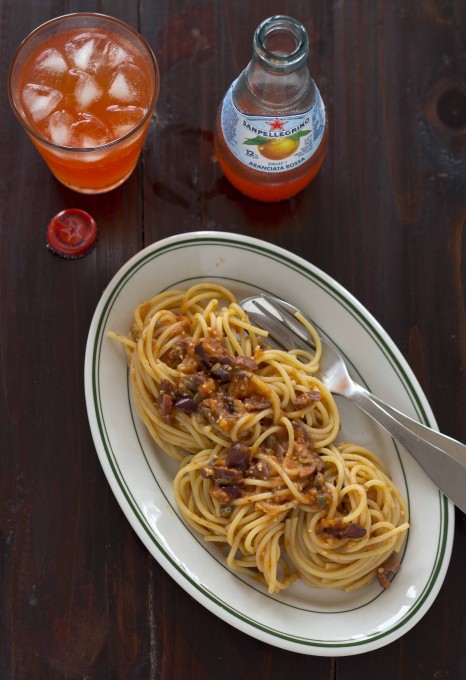
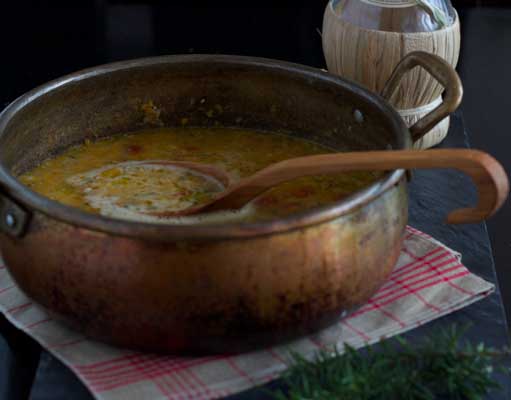
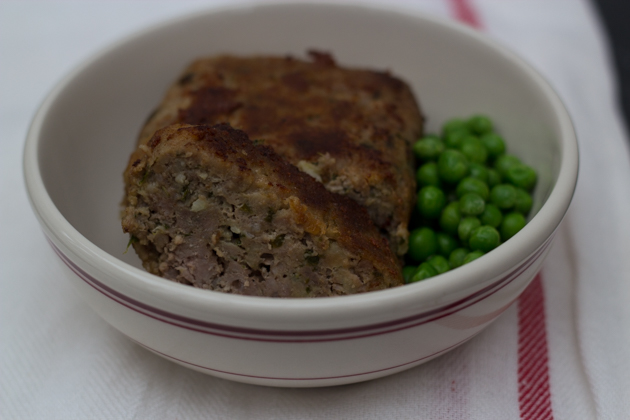
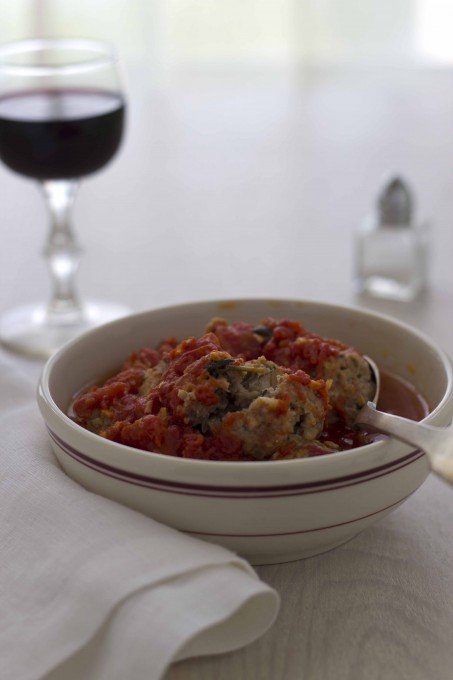
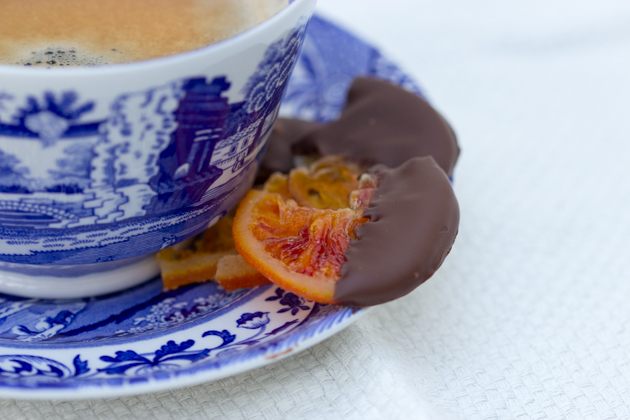
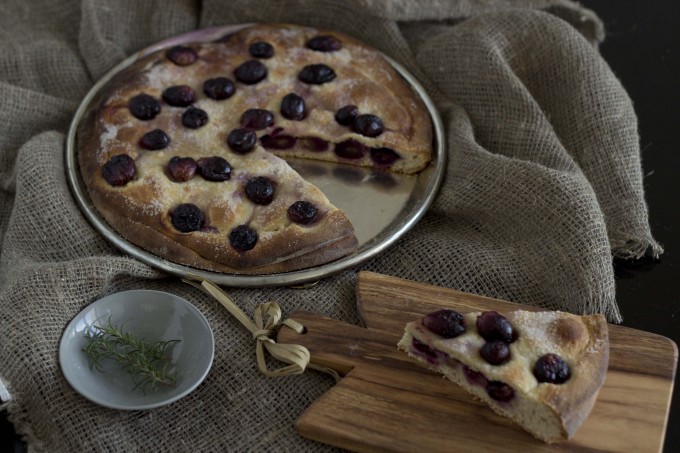

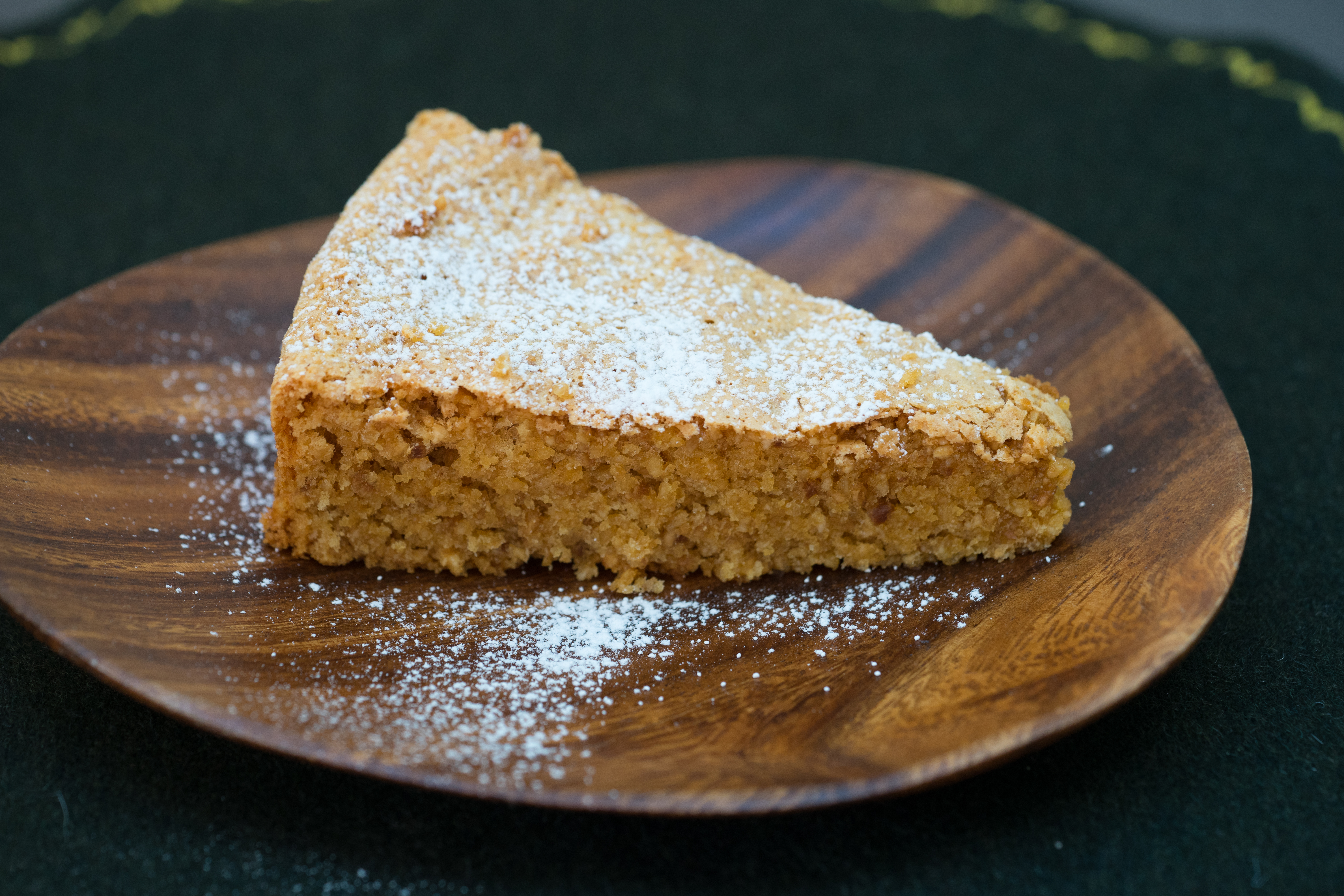
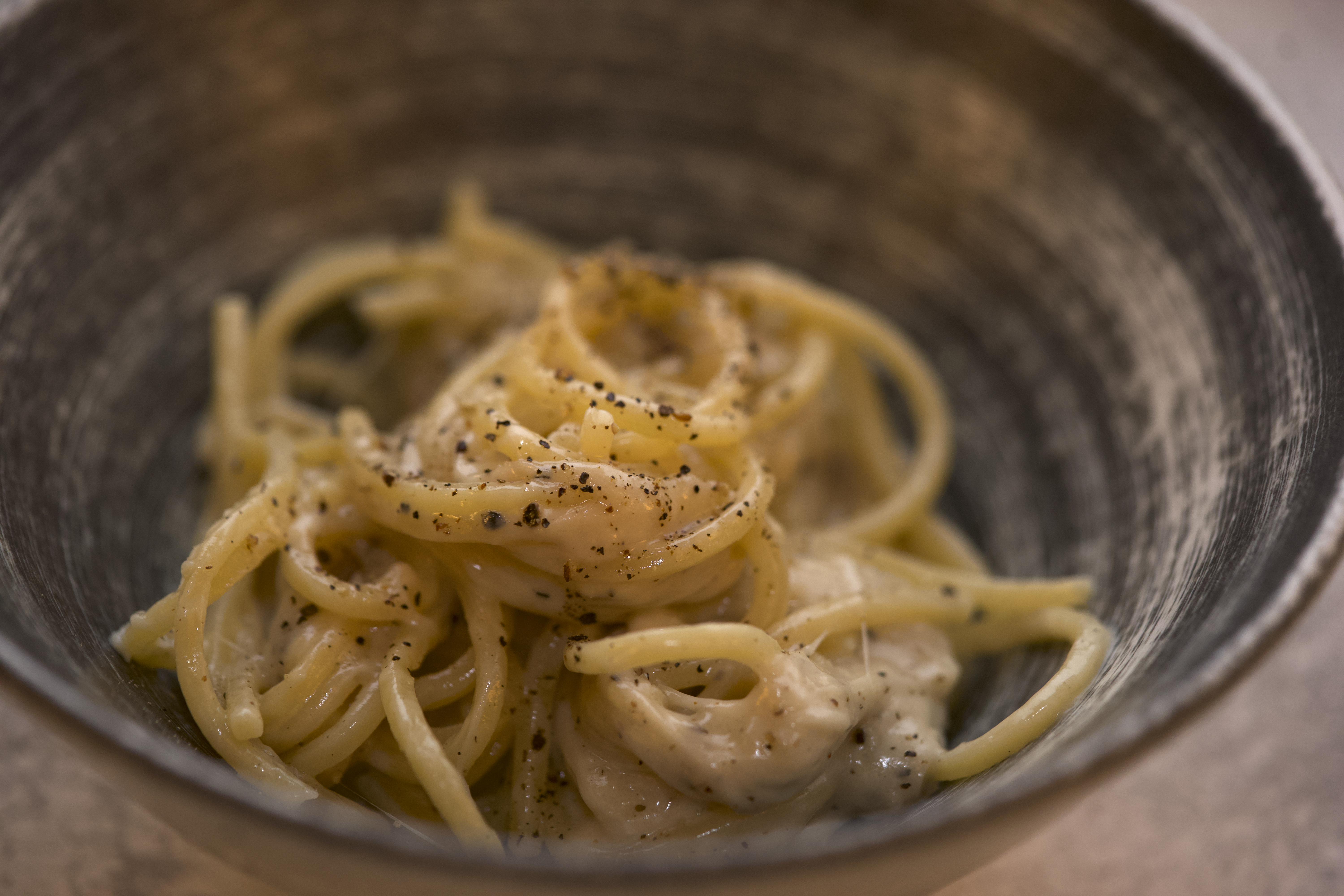
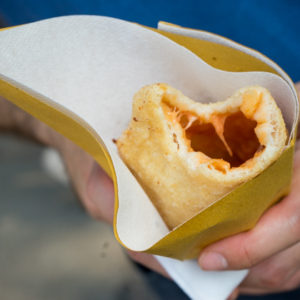
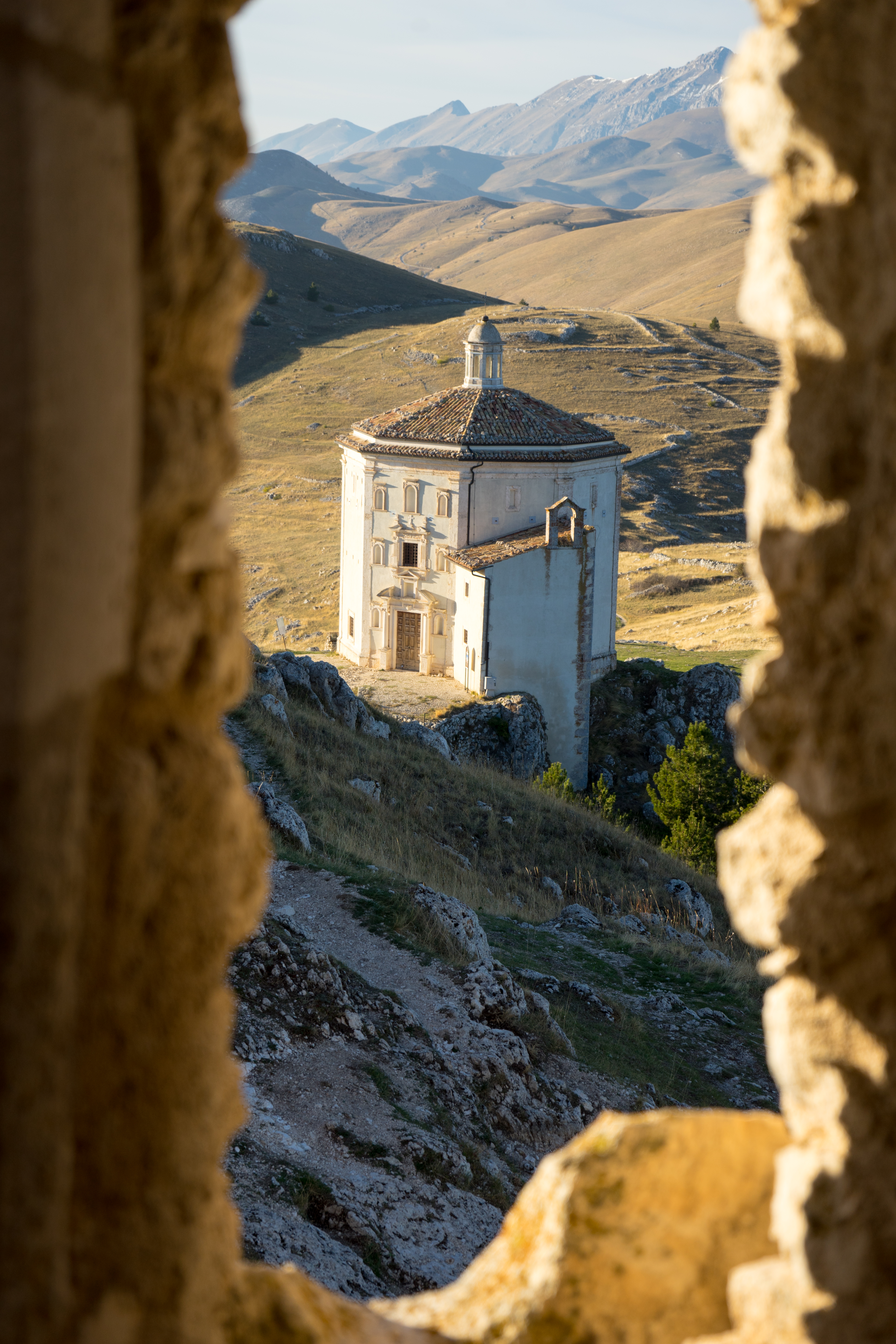
Leave a Reply